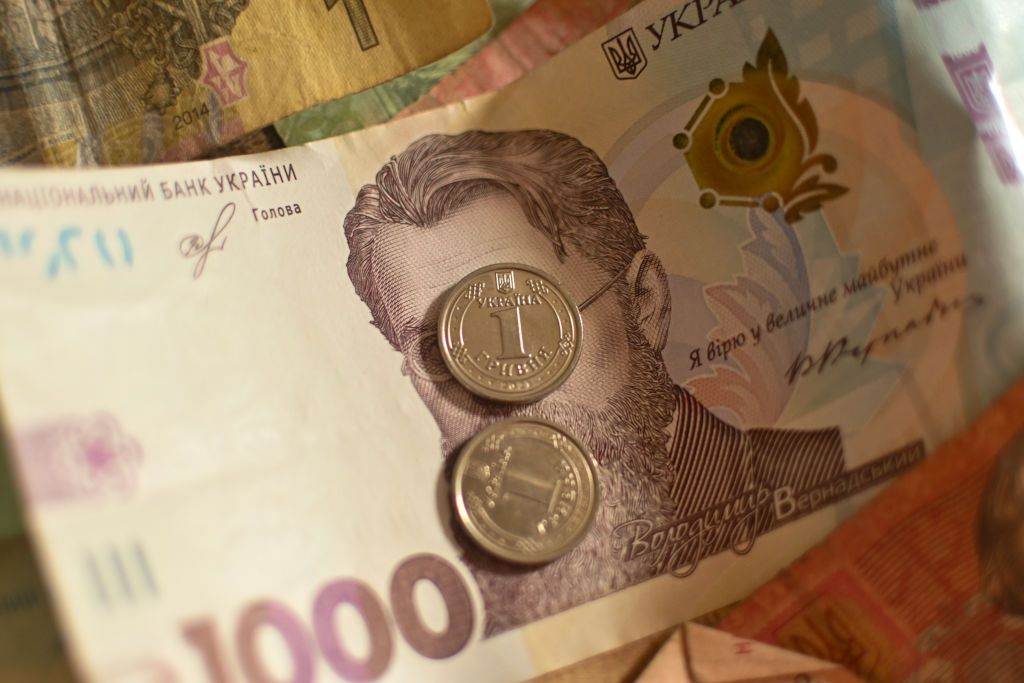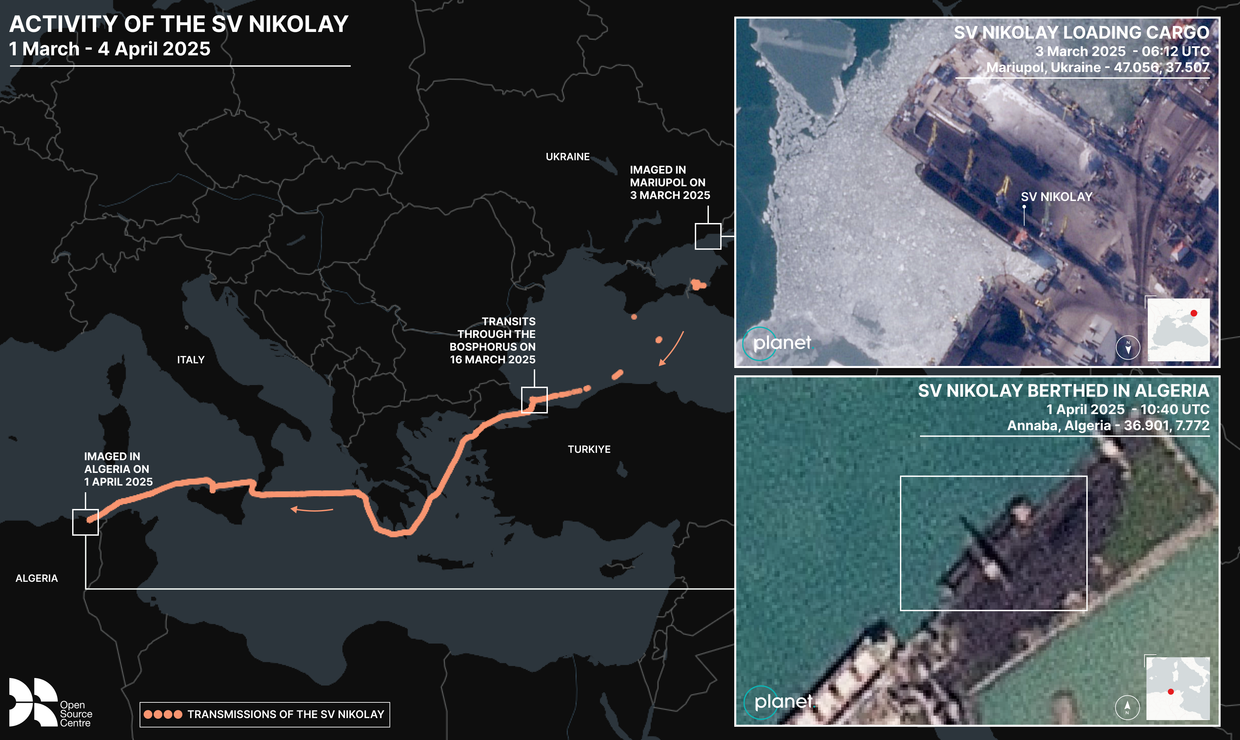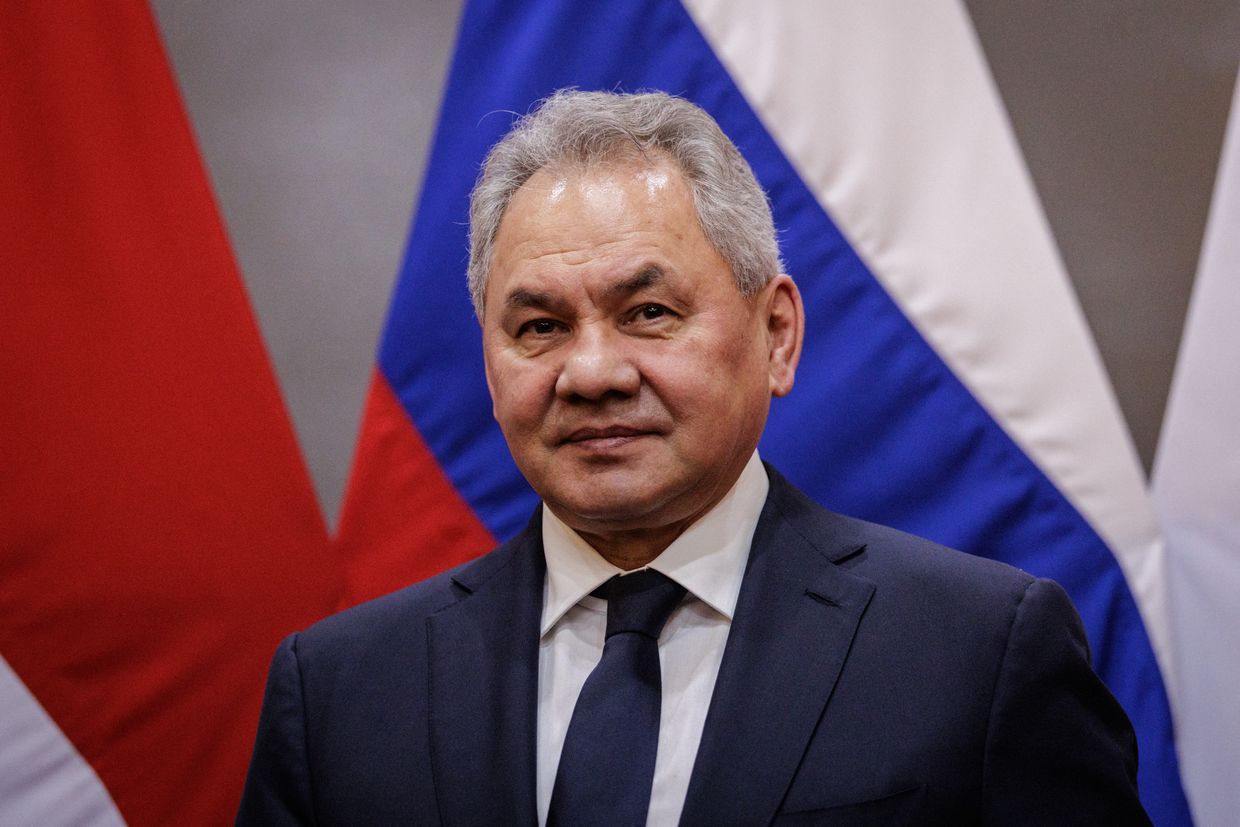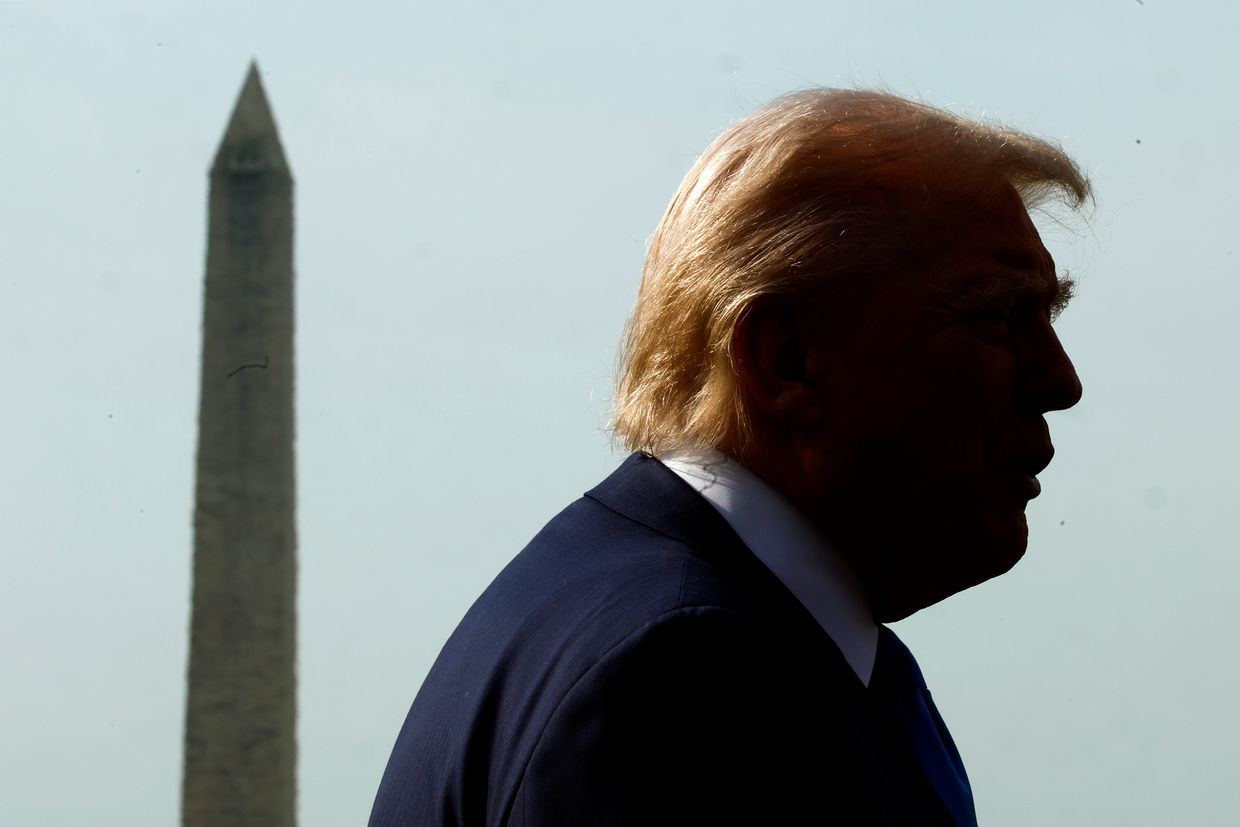The following is the April 29, 2025 edition of our Ukraine Business Roundup weekly newsletter. To get the biggest news in business and tech from Ukraine directly in your inbox, subscribe here.
The following is an excerpt from our latest investigation by investigative reporter Alisa Yurchenko.
On March 29, the sanctioned Russia-flagged vessel Sv. Nikolay quietly docked at the Algerian port of Anaba near the coal terminal, waiting to be unloaded.
The metallurgical coke the ship was carrying — a key ingredient in steelmaking produced from coal — had been stolen.
The Kyiv Independent traced the vessel’s covert journey to this point — and found strong evidence that the vessel departed from the occupied Ukrainian port of Mariupol. While in Mariupol, it kept its transponder off to disguise its route.
The coal used to make the coke on the Sv. Nikolay was almost certainly mined in Donetsk or Luhansk oblasts — regions of eastern Ukraine known for their coal reserves. The territories were partially occupied by Russia in 2014 when it launched its aggression against Ukraine with the use of proxies. Moscow captured even more territory in the oblasts after the start of its full-scale invasion.
Since 2014, dozens of Ukrainian state and private-owned mines have been taken over and incorporated into the occupation economy.
In 2024, with coal mines deteriorating, the Kremlin-backed occupation authorities began handing the mines over to private Russian firms. Twenty mines have been transferred so far.
The handover process was called an “investment” model. Under the scheme, companies leased mines for several years with an option to buy them after three years. The mines, meanwhile, have legal owners in Ukraine. The scheme was similar to the resale of stolen goods.
The Kyiv Independent has identified the people behind the Russian companies profiting from the illicit lease deals, and followed the path of the stolen Ukrainian coal from Ukraine's occupied territories to international markets, where it is passed off as Russian and sold in defiance of U.S. and EU sanctions.
Read the full investigation here.
Minerals deal: Where it's at
In one not-so-insignificant victory for Ukraine over the past week, it seems Kyiv was able to get the White House to agree not to consider past military aid as part of the minerals deal.
“It was agreed that assistance provided prior to the signing of the agreement will not be counted towards it,” Ukraine’s Prime Minister Denys Shmyhal wrote on Telegram over the weekend.
If you remember, U.S. President Donald Trump had originally tried to frame the deal as some sort of payback for U.S. military aid, claiming Ukraine owed the American government upwards of $300 billion for its assistance (Ukraine has received just over $100 billion worth of aid from the U.S. since the start of Russia’s invasion).
Ukrainian opposition MP Yaroslav Zhelezniak who has had access to various drafts of the agreement and is privy to conversations about them took to Telegram to back up what Shmyhal said, but added that “What he didn’t say is that the entire logic of the future fund (which forms the basis of the minerals agreement) will be changed.”
“As a result, it will no longer matter which country contributed how much before, since there will, in fact, be no payouts — at least in the near future. Only reinvestment.”
In other words, Zhelezniak noted, the new framework “focuses on future investment projects and profits from them — not existing projects or direct taxes, as was previously suggested.” That means no transfer or existing plants, ports, of the gas transmission system, as was proposed in earlier versions.
"Based on the draft document (the final version isn’t ready yet) that I saw in Washington, it’s indeed much better than the one sent to us on March 23," Zhelezniak said.
This latest development could bring the two sides together to sign the deal this week, one senior Ukrainian official told the Financial Times.

Cybersecurity: Major Ukrainian companies hit
On April 26, major Ukrainian companies, along with Ukraine’s state mobile application for government services went down following a major outage caused by a technical failure at a data center, De Novo.
Online services were affected at Ukraine's largest private delivery company, Nova Poshta, major public bank Oschadbank, Raiffeisen Bank, as well as contactless payments through Apple Pay and Google Pay, Ukrainska Pravda reported.
Later in the day, De Novo, the cloud provider hosting many of the affected services, said the disruption was the result of a power failure during routine maintenance.
In a statement, De Novo CEO Maksym Ahieiev explained that an unexpected malfunction in an automatic power switching system had disabled access to backup batteries and diesel generators, cutting power to the facility for 14 minutes.
"By 11 a.m., we had restored service for all public cloud users," Ahieiev said. He emphasized that there were "no signs of hacking or external interference," and the outage was due to a "combination of technical factors."

Ukraine faces default risk
The Ukrainian government said on April 24 that it had failed to reach an agreement with its debtholders to restructure some $2.6 billion of debt, increasing its risk of default on some $600 million of the debt ahead of the deadline in late May.
"Ukraine indicated that it could not accept the Restricted Holders’ Proposal and declined to make any further proposal to the Restricted Holders before the end of the Restricted Period," the Ukrainian government said in a statement after April 15-23 talks in Washington.
Kyiv nevertheless pledged to continue to engage with its debtholders and seek other options for restructuring the debt.
The $2.6 billion sum concerns GDP warrants, a financial instrument that gives the debtholder the right to additional payments based on the country's economic performance.
"The GDP warrants were designed for a world that no longer exists. Ukraine's modest economic growth in 2023 was not a sign of surging prosperity but a fragile rebound from a nearly 30% downturn caused by Russia’s full-scale invasion," Ukraine's Finance Minister Serhii Marchenko said in a statement.
What else is in the news
Ukrainian oil and gas giant Naftogaz elects new head
The supervisory board of state-owned oil and gas company Naftogaz has elected Serhii Koretskyi, the head of Ukrnafta and Ukrtatnafta, as the company's new CEO, the company announced on April 29. After former head Oleksiy Chernyshov was appointed deputy prime minister and “national unity” minister in December of last year, Roman Chumak served as acting head until Koretskyi’s appointment.
Ukraine launches marketplace for military to buy weapons
Ukraine has launched Brave1 Market, an online marketplace with the latest technologies for the Ukrainian military, Digital Transformation Minister Mykhailo Fedorov announced on April 28 during the Defense Tech Era conference. Military units will be able to purchase equipment and weapons at their own expense on the platform. The minister compared the project to online marketplace Amazon, but instead of ordinary goods, the Ukrainian initiative will sell "innovations," he said.
McDonald's applies to register trademark in Russia
The U.S. fast food giant McDonald's has submitted an application to the government agency Rospatent to register its trademark in Russia, the Russian state news outlet RIA Novosti reported on April 26, three years after the company closed its restaurants and left the Russian market entirely in 2022. The registration is not a sign that the company intends to re-enter Russia, McDonald's said in a statement to the Ukrainian outlet Economic Pravda, but rather is a way “to protect our brand and prevent third-party businesses or individuals, particularly in Russia, from using our trademarks to their advantage.”
Over 95% of drones used at front line made in Ukraine, defense ministry says
More than 95% of the drones used by the Ukrainian forces at the front line are made in Ukraine, Interfax Ukraine reported on April 28, citing Deputy Defense Minister Valerii Churkin. "We have made a breakthrough in the unmanned systems sector. More than 95% of UAVs (unmanned aerial vehicles) currently used at the front are Ukrainian-made," Churkin said. Churkin added that in 2024, Ukraine's Defense Ministry authorized more than 330 new models of domestically produced unmanned systems, compared to only 75 models a year earlier.
Ukraine offers assistance as Spain, Portugal recover from blackouts
Ukraine is ready to help Spain restore its power grid, President Volodymyr Zelensky told Spanish Prime Minister Pedro Sanchez on April 28 as the country and neighboring Portugal were hit by a massive blackout. "Over the years of war and Russian attacks on our energy system, Ukraine has gained significant experience in overcoming any energy challenges, including blackouts," Zelensky said. "I instructed Ukraine’s Energy Minister (Herman Haluschchenko) to act as swiftly as possible. Our technical experts are ready to help."













